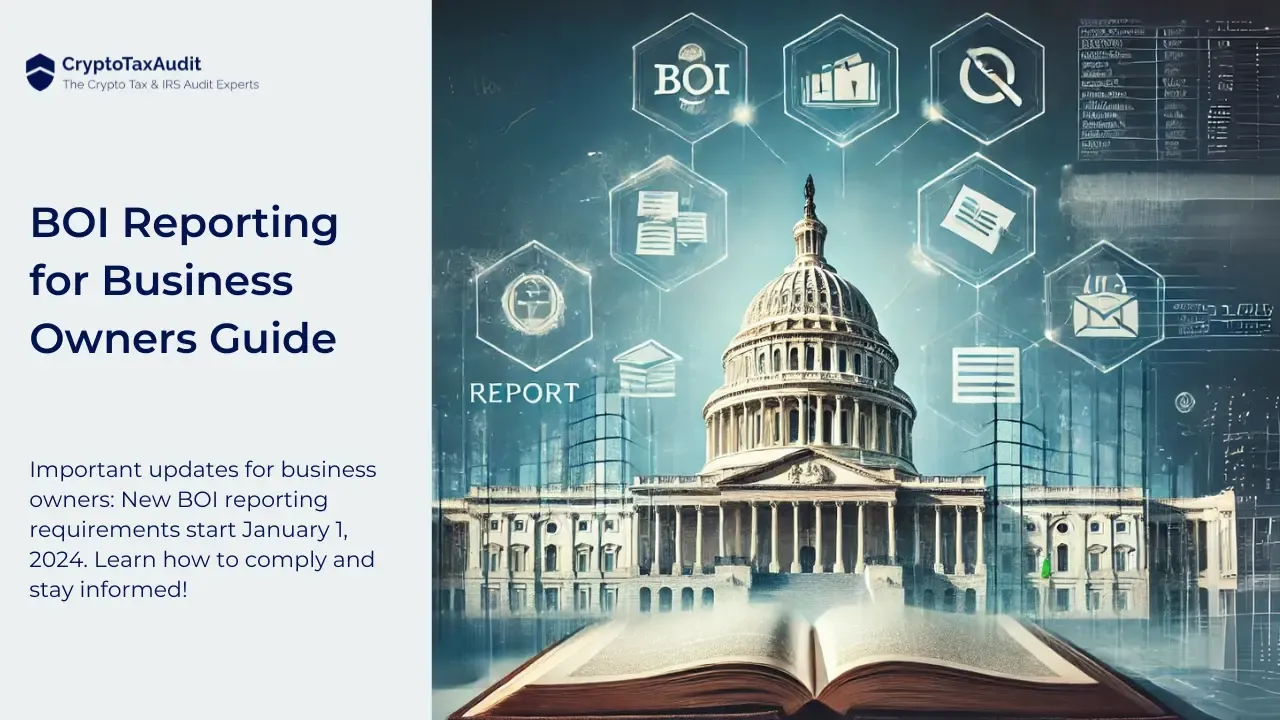Business Owners - Taking Money Out of a Business
Jan 01, 2023When taking money out of a business, transactions must be carefully structured to avoid unwanted tax consequences or damage to the business entity. Business owners should follow the advice of a tax professional to make sure financial transactions are controlled and do not cause unanticipated taxation or other negative effects.
For example, a shareholder of a corporation can make a loan to the corporation, and subsequent repayments of principal are not taxable to the shareholder. This may seem straightforward. However, if the loan and repayments are not set up and processed properly, with specific documentation in place, the IRS can reclassify the funding as nondeductible capital contributions and classify the repayments as taxable dividends, resulting in unexpected taxation. A weak loan structure can also create a danger zone where a court can “pierce the corporate veil,” resulting in personal liability for the business owner. These negative effects can occur in several different situations.
Intermingling Funds
One of the most dangerous financial mistakes a business owner can make is to intermingle funds, such as paying personal expenses from the business checking account, or paying business expenses from the owner’s personal account. This can be done with the best of intentions with the business owner making adjustments in the books to separate the business and personal transactions, but the behavior can leave openings for the IRS or courts to question the integrity of the business entity or the transactions. Failure to maintain complete financial separation between a business and its owners is one of the major causes of tax and legal trouble for small businesses.
Tax problems. Unintended consequences can occur when personal and corporate funds are intermingled. When a shareholder purchases an item for a corporation with personal funds, that shareholder is considered to have provided funds or made a contribution to the corporation. When a shareholder provides funds to or on behalf of a corporation, there are several different types of tax treatment that may apply, depending on the circumstances, and can be classified as one of the following transactions.
- Capital contribution.
- Loan to the corporation.
- Repayment of a loan from the corporation.
- Expense reimbursement.
On the other hand, when an individual takes funds from a corporation, the transaction can be classified as:
- Taxable dividend or distribution of profits.
- Nontaxable distribution.
- Nontaxable expense reimbursement.
- Taxable wages.
- Loan to the shareholder.
- Repayment of a loan from the shareholder.
Failure to carefully structure transactions can result in otherwise nontaxable transactions becoming taxable, in addition to a court piercing the corporate veil.
Personal use of corporate assets. If corporate assets are used for personal purposes, the IRS can reclassify expenses reported on the corporation tax return as expenses attributable to the shareholder rather than the corporation. On the other hand, if a corporation uses personal assets owned by the shareholder, this could indicate lack of separation of the shareholder and corporation.
Taking Money Out
Sole Proprietorships
A sole proprietor is taxed on self-employment income without regard for activity in the business bank account. A sole proprietor should never pay himself or herself wages, dividends, or other distributions. A sole proprietor may take money out of the business bank account with no tax ramifications.
Wages
One way for a business owner to take money out of a corporation is through wages for services performed. Wages are appropriate only for C corporations and S corporations, not for sole proprietorships or partnerships. Owners are treated as employees, payroll taxes and income taxes are withheld, and the corporation issues Form W-2, Wage and Tax Statement, to the business owner.
Reasonable Wages
For C corporations and S corporations, there are incentives to skew wages one way or the other for purposes of tax savings. In a C corporation, wages are deductible by the corporation but dividends are not, creating incentive for a C corporation shareholder to inflate the wages for higher deductions. In an S corporation, wages are subject to payroll taxes but flow-through income is not, creating an incentive for artificially low wages. Both C corporations and S corporations are required by law to pay reasonable wages, which approximate wages that would be paid for similar levels of services in unrelated companies.
Guaranteed Payments
Guaranteed payments to partners are the partnership counterpart to corporate wages. One major difference is with guaranteed payments, there is no withholding for payroll taxes or income tax. These amounts are computed and paid on the partner’s individual Form 1040.
Dividends
Dividends are generally the means by which a C corporation distributes profits to shareholders. Amounts up to the C corporation’s earnings and profits are taxable to the shareholder. Although flow-through income from S corporations or partnerships are often called dividends, they are not treated as dividends under tax rules.
Flow-Through Income—S Corporations and Partnerships
Net income from S corporations and partnerships flows through to the shareholder or partner’s individual tax return. Flow-through income is reported without regard for whether or when the income is distributed to the shareholder or partner. Distributions of cash to an S corporation shareholder or partner are not taxable to the individual until the person’s cost basis reaches zero.
One-Class-of-Stock Rule
An S corporation is allowed to have only one class of stock. If an S corporation does not make distributions to all shareholders based on the percent of stock owned, this rule may be violated and the S corporation status may be terminated. The one-class-of-stock rule must be adhered to whenever making distributions from an S corporation’s bank account.
Loans
A corporation or partnership can receive loans from shareholders or partners and, on the other hand, a corporation or partnership can make loans to shareholders or partners. There is generally no taxable event when a corporation or partnership repays a loan from a business owner, and no taxable event when a corporation or partnership makes a bona fide loan to a shareholder or partner. However, failing to adhere to necessary formalities can put these transactions in danger, allowing the IRS to step in and reclassify the transactions, resulting in taxable income for the business owners.
Copyright © 2024 Tax Materials, Inc.
All Rights Reserved




